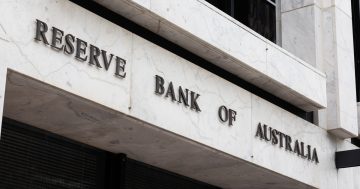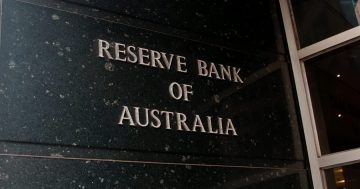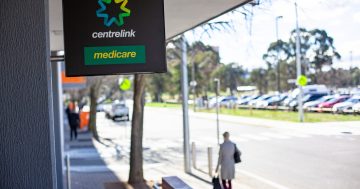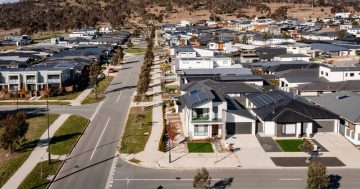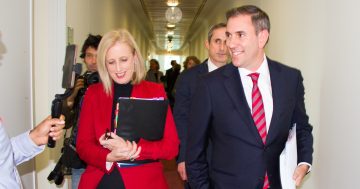Stephanie Chalmers* says Australian banks are slashing fixed home loan rates to try to lure in new business, but without much success.
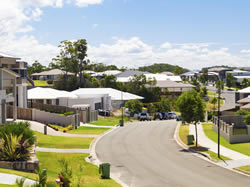
Photo: zstockphotos
As the Easter long weekend kicked off, there was little sign of the property market downturn at one auction on Sydney’s North Shore.
Real estate agent Ben Forsyth said there was plenty of interest, with 76 groups looking through the house over three weeks.
Several bidders vied for the Chatswood home, which eventually sold for $110,000 above the reserve price — but the four bedrooms, two bathrooms and sought-after location were not the only attractive features.
House prices have fallen sharply, particularly in Sydney, and home loan rates are heading lower as well.
Last year banks and smaller lenders hiked variable home loan rates out of cycle with the official cash rate as funding costs rose, but now things are going in the other direction.
“We’ve seen the overseas funding pressures ease,” Laine Gordon from RateCity said.
“They’ve also got an eye on [the fact] that there may be another rate cut coming up in the future.”
Lenders cut fixed rates as competition heats up
According to RateCity, 44 lenders have dropped rates on more than 500 fixed home loans since the start of the year, including Commonwealth Bank, Westpac and NAB.
“We’re seeing fixed rates from as low as 3.49 per cent for three years,” Ms Gordon said.
“There’s heaps of competition, the banks are hungry for new business and they’re slashing rates to try and get people in the door.”
Other lenders have moved on variable home loans, with AMP cutting some of its rates and ANZ offering a bigger discount to the headline rate on one of its loans.
However, it has not been enough to lure many borrowers into fixing their home loans.
Home loan approvals data from Mortgage Choice show demand for fixed rate loans falling in March, down 1.4 per cent to make up 21 per cent of loans written.
“There is a great deal of uncertainty surrounding the housing market at present, which could be weighing against borrowers’ decisions to commit to a fixed term,” Mortgage Choice Chief Executive, Susan Mitchell said.
“The outcome of the upcoming Federal Election carries potential policy implications that could affect people’s willingness to buy.”
“There is also increasing speculation that the RBA [Reserve Bank of Australia] will cut the official cash rate in the short term.”
Rate cut expectations on the rise
Anticipation of a cut to the cash rate continued to mount, as the RBA’s April meeting minutes revealed explicit discussion of what it would take for the central bank to pull the trigger.
“Members also discussed the scenario where inflation did not move any higher and unemployment trended up, noting that a decrease in the cash rate would likely be appropriate in these circumstances,” the minutes read.
The market is now pricing in a 25 basis point cut later this year.
Figures showed the unemployment rate edged back up to 5 per cent in March but jobs growth remained strong.
AMP Capital Economist Diana Mousina does not expect those figures to prompt the RBA to move at its May meeting, but said the introduction of an easing bias to the RBA’s accompanying statement could not be ruled out.
AMP Capital is forecasting two rate cuts by year-end and expects the housing market to be the swing factor, tipping a further 8 to 10 per cent fall in national home prices.
“That weakness in the housing market will translate through to the consumer and then to the labour market as well, and that’s what we don’t think the RBA is anticipating at this stage,” Ms Mousina said.
With the cash rate already at a record low 1.5 per cent and lenders getting ahead of the RBA by cutting their fixed mortgage rates, RateCity’s Gordon thinks it could be a chance for some borrowers to lock in a low interest rate.
“If you’re somebody who likes the certainty of knowing exactly how much your repayments are going to be every month, then now wouldn’t be the silliest time to consider fixing,” she said.
* Stephanie Chalmers is an ABC business reporter based in Sydney. She tweets at @StephChalm.
This article first appeared at www.abc.net.au.


